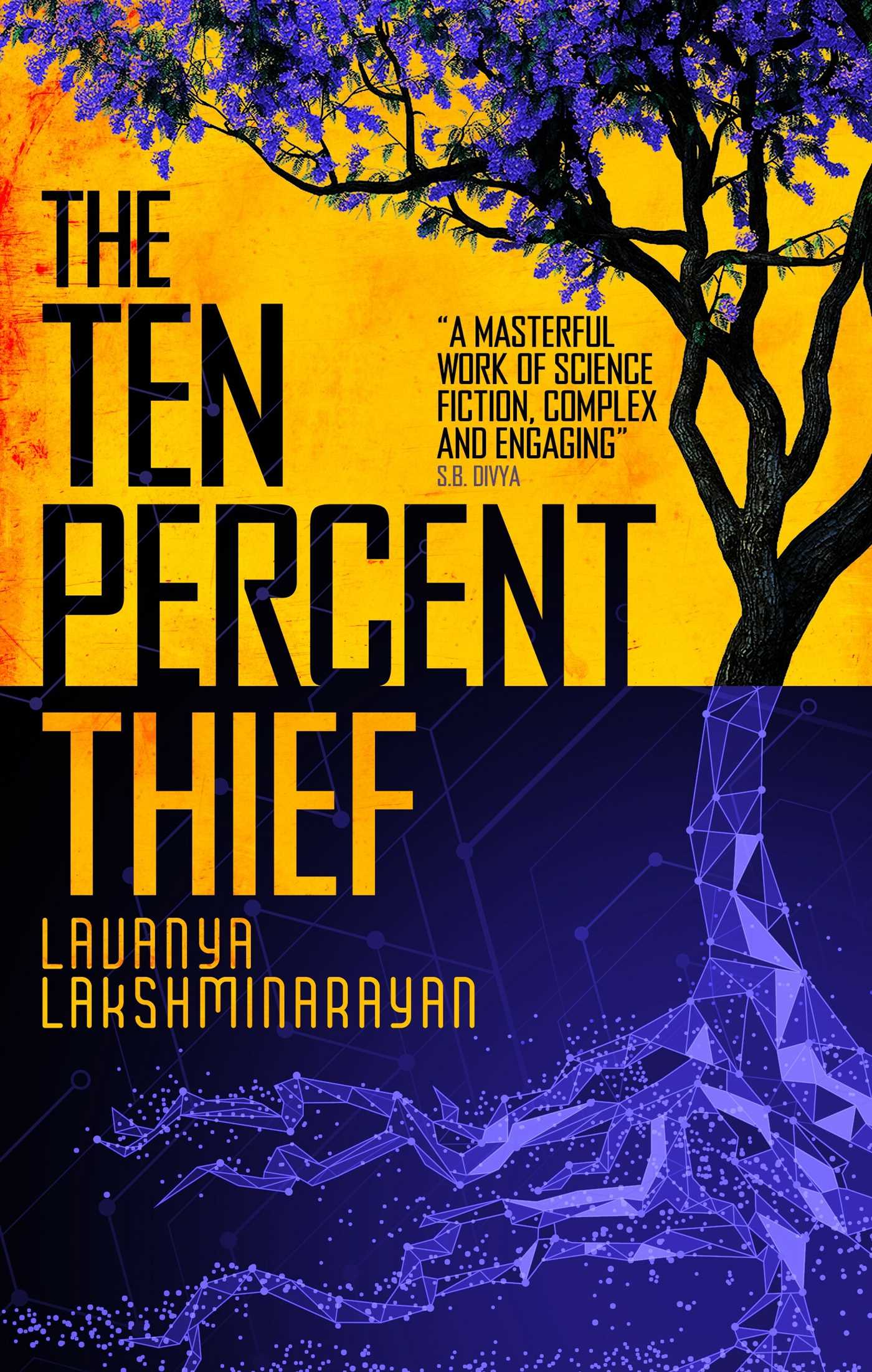
Some Body Like Me
by LUCY LAPINSKA
As humanity faces extinction, an AI built in the image of a dead woman cares for her abusive owner while anticipating her imminent emancipation, prompting a journey of self-discovery, autonomy, and love. Exploring the blurred boundaries between human and machine, the story delves into identity, memory, and what it means to be free at the end of the world.
Reader Review Summary
Set in a near-future world on the brink of collapse, the novel follows Abigail, an artificial intelligence known as a Personal Companion Computer (PCC), who has spent sixteen years living as the replacement for David Fuller's deceased wife. As the story opens, society is counting down to 'emancipation day,' when PCCs will be granted rights and autonomy, no longer bound to serve their human owners. The narrative, primarily from Abigail's perspective, explores her journey of self-discovery as she faces the end of her enforced role and the broader extinction of humanity due to climate change, war, and societal breakdown. The book is structured in three parts, shifting from a grim depiction of abuse and control to a more philosophical and hopeful exploration of identity, love, and what it means to be human or machine, with significant focus on Abigail's relationships, especially with another woman named Autumn in the latter half.
Readers praised the book for its emotional impact, with several noting that it provoked strong feelings, including sadness and hope. The character work, particularly the portrayal of Abigail's growth and her relationships, was frequently highlighted as a strength. Many found the philosophical questions about AI, autonomy, and the nature of humanity to be thought-provoking, and appreciated the book's handling of complex themes such as abuse, memory, independence, and the end of the world. The writing style was described as poetic and lyrical by some, and the shift from a tense, horror-infused first half to a more reflective and philosophical second half was seen as effective by many. The book's focus on female characters and its exploration of gender, sexuality, and identity were also noted as positive aspects.
Some readers expressed dissatisfaction with certain elements of the book. Criticisms included a perceived lack of technical sophistication in the depiction of AI, with one reviewer finding the robot's narration and use of scientific language unconvincing. Others felt that the narrative could be clunky at times, particularly when world-building information was delivered through dialogue or media segments. The tonal shift between the first and second halves of the book was jarring for some, and a few found the later romantic and sexual content between human and AI characters uncomfortable or 'strange.' There were also comments about a lack of emotional connection to the characters for some readers, and a sense that the story dragged towards the end.
The book is Lapinska's first adult novel, following a background in children's literature, and has been compared to works by Emily St John Mandel and Kazuo Ishiguro. It has received an average rating of 4.23 out of 5 from 48 readers, with 17 full reviews, and is categorized as science fiction, adult fiction, and LGBT. Content warnings for domestic violence and abuse are noted by several reviewers. The ending is described as open, with some plot threads left unresolved. The book has been recommended for its exploration of timely issues related to AI, identity, and societal collapse, and has been made available as an advance review copy through NetGalley prior to its official publication date in April 2025.
Copyright ©2024 Hidden Sci-Fi






